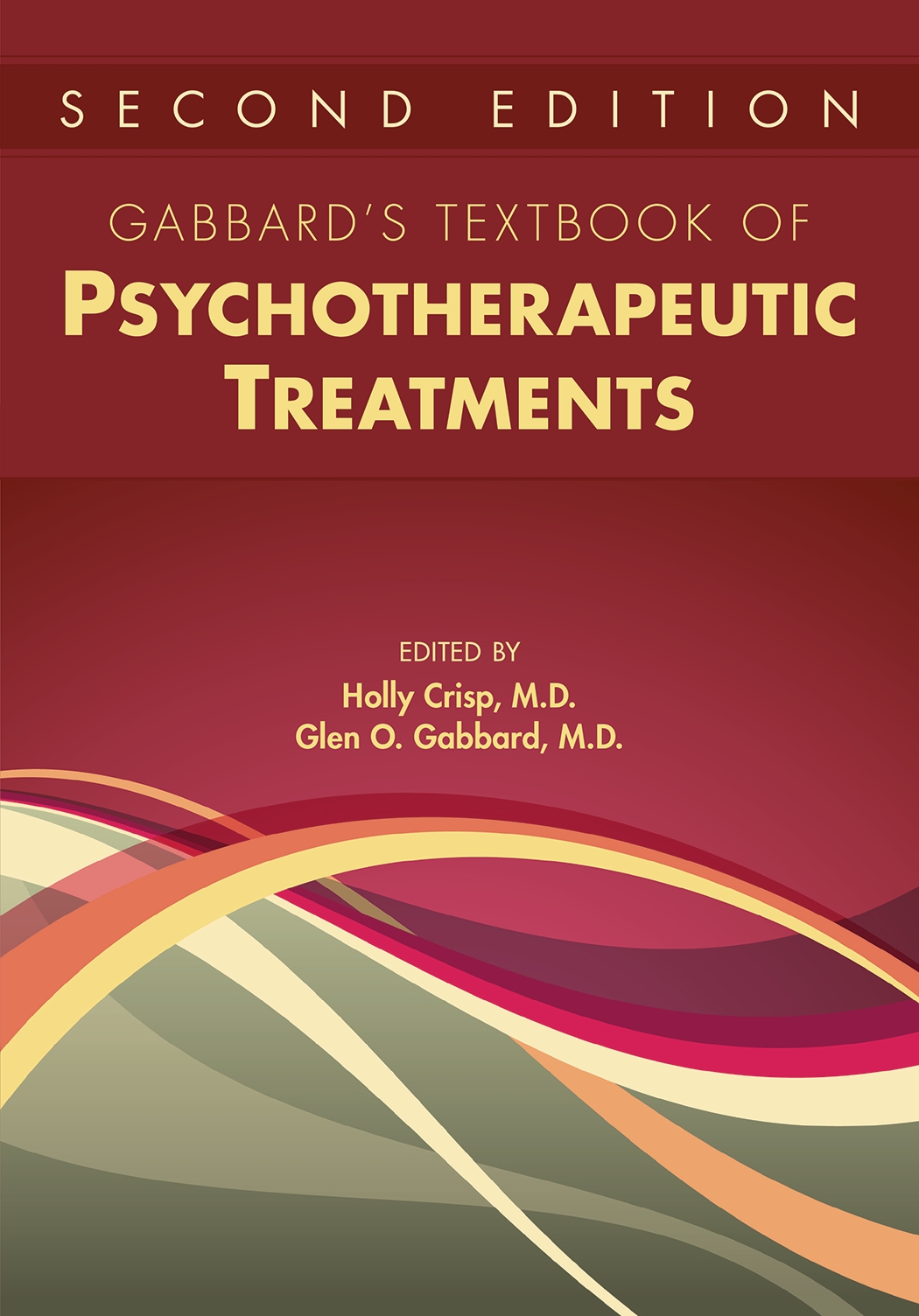Sections
Excerpt
Bisexuality remains the nearly silent B in the now well-known acronym LGBT. More recent additions, such as Q (queer), Q (questioning), I (intersex), and A (asexual), have only further obscured bisexuality’s communality with other sexual and gender identities. Within scholarly sociopolitical, philosophy, religious, and literary discourse; across the biomedical and social sciences and their empirical research; and among psychological professional organizations, until very recently and largely still, bisexuality has stood in the shadows compared with its more visible and outspoken L, G, T, and Q siblings (Layton 2000; Young-Bruehl 2001).
Access content
To read the fulltext, please use one of the options below to sign in or purchase access.- Personal login
- Institutional Login
- Sign in via OpenAthens
- Register for access
-
Please login/register if you wish to pair your device and check access availability.
Not a subscriber?
PsychiatryOnline subscription options offer access to the DSM-5 library, books, journals, CME, and patient resources. This all-in-one virtual library provides psychiatrists and mental health professionals with key resources for diagnosis, treatment, research, and professional development.
Need more help? PsychiatryOnline Customer Service may be reached by emailing [email protected] or by calling 800-368-5777 (in the U.S.) or 703-907-7322 (outside the U.S.).



